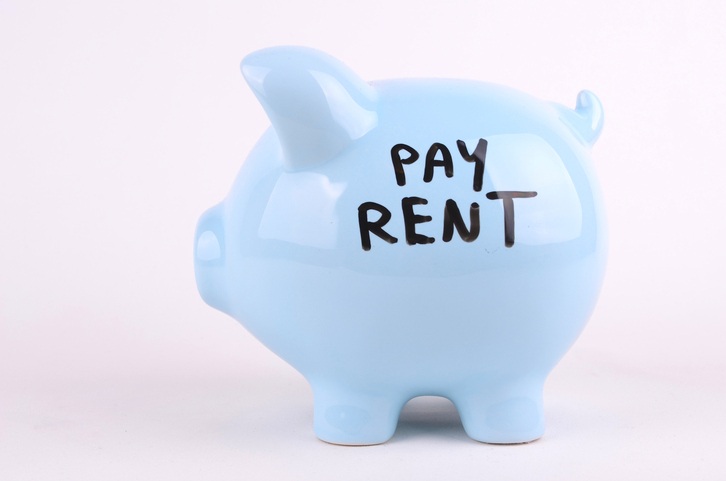Home » Tenant News »
Number of Tenants Experiencing Rent Rises Increased in March
This article is an external press release originally published on the Landlord News website, which has now been migrated to the Just Landlords blog.

The number of tenants experiencing rent rises increased to 23% in March, according to the Private Rented Sector Report for last month, from ARLA Propertymark (the Association of Residential Letting Agents).
Demand from tenants
The study also found that the amount of prospective tenants registered per ARLA Propertymark member branches rose by 8% in March. In February, agents had an average of 61 renters on their books, compared to 66 last month.
This follows an increase in January, which saw the number of tenants registered per branch jump to 70.
Supply of rental stock
The number of rental properties managed per member branch grew marginally in March, from an average of 175 in February to 179 in March.
This is down year-on-year, as March 2017 saw an average of 183 properties managed per branch.
Rent rises
The amount of tenants experiencing rent rises increased to 23% in March. This is the highest level seen since September 2017, when 27% of landlords put rent prices up for tenants.
This figure is down annually, however, as March 2017 witnessed 25% of tenants experiencing rent rises, while 32% were subject to increases in March 2016 and 2015.
We remind all landlords thinking of putting their rent prices up to consider how their tenants’ finances will be affected. Rent Guarantee Insurance is the ultimate peace of mind cover to ensure that landlords still get paid if their tenants can’t. Get instant protection online here.
David Cox, the Chief Executive of ARLA Propertymark, comments: “This month’s results very much show a business as usual period for the private rented sector, but this isn’t necessarily a good thing. Supply is still too low and almost a quarter of tenants are experiencing rent hikes every month, as landlords try to recoup the costs lost trying to keep on top of all the recent legislative changes – including the recent energy efficiency deadline.
“For the last two decades, successive governments have passed significant amounts of complex legislation for landlords, none of which have been properly policed or adequately enforced, but most of which cost decent landlords a lot of money.”
He explains: “This is why we’re so supportive of the Government’s proposals to crack down on rogue agents and, more recently, plans to confiscate properties from criminal landlords. The announcements mark a sensible shift towards focusing on the root cause of the issues affecting the sector, rather than trying to find solutions to individual problems. This, coupled with greater rental stock, is the key to fixing Britain’s broken rental sector.”




